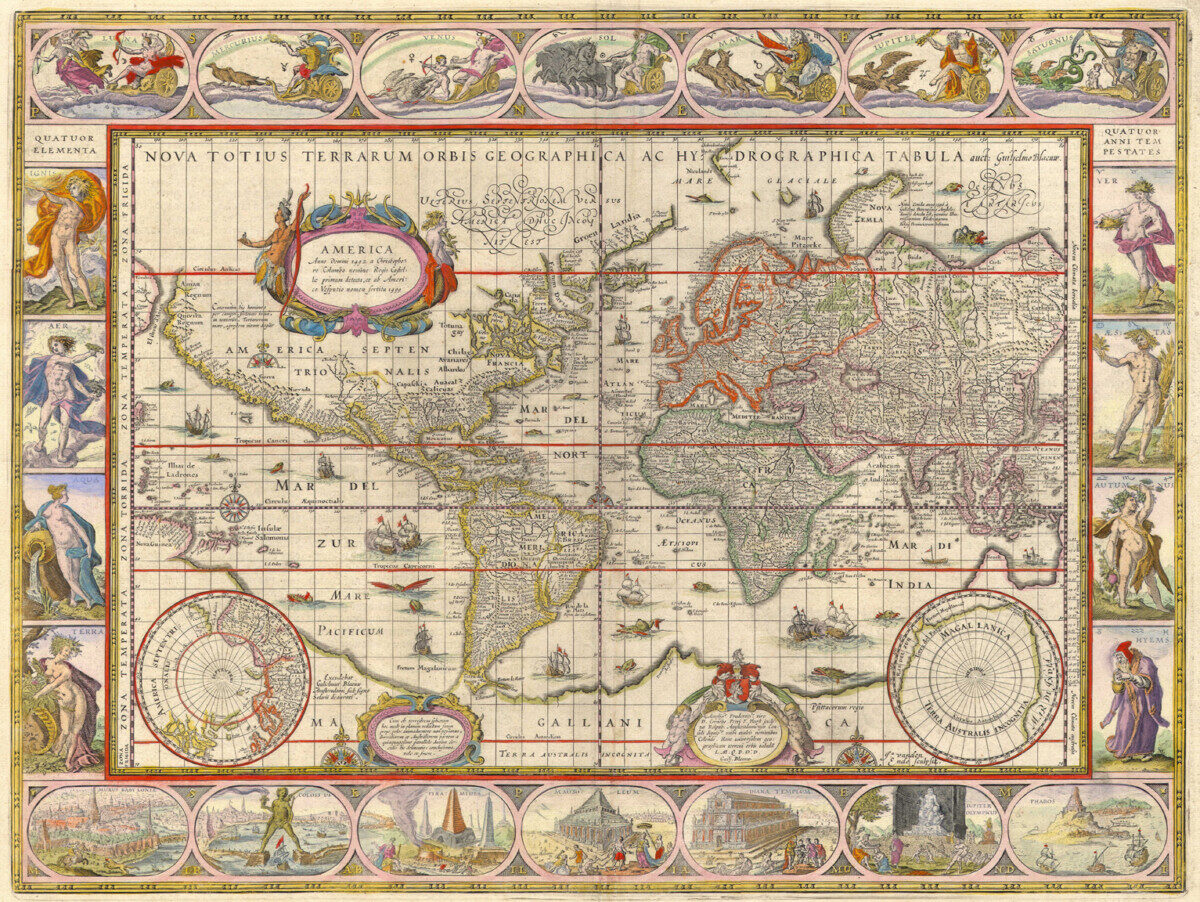Before watching The Mission, I thought of the Jesuit missionaries as forceful colonizers, similar to the way that the Spanish and Portuguese were portrayed. While they still had a role in the colonization and loss of culture among the Indigenous peoples of the Americas, the film portrays the Jesuits in a much more peaceful manner. I took issue with the way it seemed like the Guarani people quickly accepted Christianity after hearing the music played by Father Gabriel. That seemed like a very simplified and shortened timeline of events that erases some of the pushback that the missionaries faced. I don’t think that the Guarani people would adopt an entirely new belief system within such a short period of time.
I think the focus of the film is not on historical accuracy, but instead it centers around the morality of colonization in the 18th century. The Jesuits and their converted Guarani followers are framed as the protagonists, who are morally “correct”. The Spanish and Portuguese are the morally corrupt enslavers. While the Jesuits do not enslave the Guarani people, they do still commit forms of violence to the Guarani people. The judgement of the Guarani people’s religion and culture as inferior and in need of replacement imposes a form of violence through the erasure of their culture. The Jesuits may not be framed as corrupted as the Spanish and Portuguese armies, but they still are colonizers that invaded the Americas under the justification of providing religious “benefit” to the Indigenous population.
I feel that some films could serve as public humanities resources depending on how historically accurate they are. While The Mission is based on real events, it takes many liberties in order to create an engaging story to attract audiences. A story of good versus evil is more attractive to general viewers. Audiences want someone to root for, so The Mission gives them the Jesuits and Guarani as “the good guys”. I feel like documentary films tend to be more historically accurate, which makes them a better platform as a form of public humanities. While The Mission may have its flaws, I think more traditional films could be useful if they approach the story with the intent to educate accurately rather than solely for entertainment. However, I will acknowledge that these historical films that break into mainstream media and culture are helpful in attracting new audiences and introducing them to events they may not have been aware of. I feel like films as public humanities tools need to learn how to tread the line between education and entertainment.
